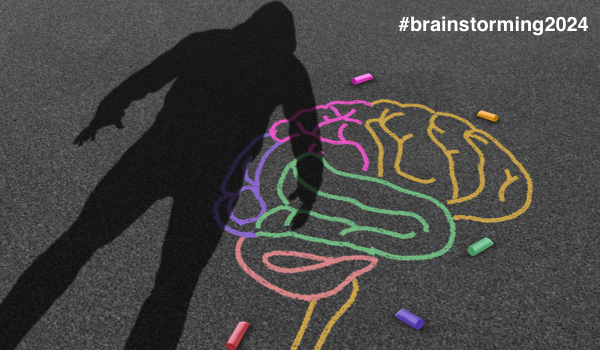


RIO DE JANEIRO - One of Latin America's biggest challenges is the expansion of informal settlements, which now hold around one-fourth of its urban population.
That number can rise dramatically depending on each specific city or country, such as Bolivia, where over 40 percent of the population lives in informal housing. Overall, informality has been steadily increasing over the last decade in most cities.
This type of housing system results from dysfunctional land market practices in the region, with an insufficient supply of land at affordable prices. While many people try to blame these settlements on poverty, which does correlate, it is far from the sole cause. Even in countries where governments reduced income poverty over the last decade, there was an increase in informal housing development. There are many causes behind its rise, such as unreasonable urban norms and land-use regulations, paired with government unresponsiveness to rising demands for housing.
Informal communities such as the favelas in Brazil are home to much of the incredibly diverse and colorful culture that Latin American countries have become known for, but at the same time, they can be an extremely harsh environment for the population. There is often a lack of essential services like water, sewage, drainage, paved roads, and land tenure rights. Depending on the community's location, it might sit on sites posing severe environmental hazards. All of this, along with the rise of COVID-19, has tested the health of those living within the communities.
The United Nations (UN) defines informal settlements as any area where the inhabitants meet any of the following criteria:1
1. Inhabitants have no security of tenure vis-à-vis the land or dwellings they inhabit, with modalities ranging from squatting to informal rental housing.
2.
The content herein is subject to copyright by The Yuan. All rights reserved. The content of the services is owned or licensed to The Yuan. Such content from The Yuan may be shared and reprinted but must clearly identify The Yuan as its original source. Content from a third-party copyright holder identified in the copyright notice contained in such third party’s content appearing in The Yuan must likewise be clearly labeled as such.
 Continue with Linkedin
Continue with Linkedin
 Continue with Google
Continue with Google









 1334 views
1334 views








